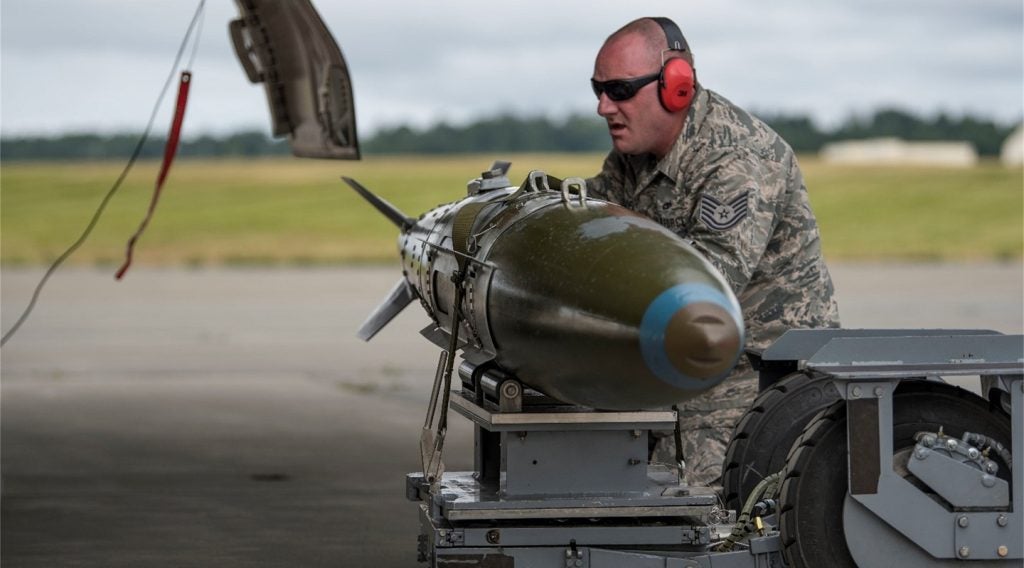The Nigerian Air Force is planning to complete the development of an unmanned ground vehicle (UGV) that can detonate high-calibre improvised explosive devices (IEDs).
The speedy completion of the robot has been hampered by a lack of adequate funds.
Developed by the Nigerian Airforce Institute of Technology (Nafit), the UGV is claimed to be the first of its type on the African continent.
Nafit commandant Toni Adokwe was quoted by the Nigerian Tribune as saying that the robot is expected to enhance the success of security agents in the fight against rebellion.
Adokwe said: "When the project is completed, the robot would go a long way in countering activities of terrorist groups, as detonation of bombs will not require the physical presence of a human being at the scene."
Nafit developed the Gulma unmanned aerial vehicle (UAV) last year, which is being used by the defence headquarters for surveillance and intelligence gathering in crisis-prone regions.
How well do you really know your competitors?
Access the most comprehensive Company Profiles on the market, powered by GlobalData. Save hours of research. Gain competitive edge.

Thank you!
Your download email will arrive shortly
Not ready to buy yet? Download a free sample
We are confident about the unique quality of our Company Profiles. However, we want you to make the most beneficial decision for your business, so we offer a free sample that you can download by submitting the below form
By GlobalDataDeveloped in collaboration with Cranfield University’s aerospace engineers, the indigenous drone can be modified for aerial imaging/mapping, telecommunications and weather monitoring missions, among others.
The Nigerian Air Force has also manufactured Amebo I, II and III UAVs in the last two years for intelligence, surveillance and reconnaissance (ISR) operations.
Adokwe said that the allocation of proper funding would enable Nigeria to attain higher base in military aviation and defence-related technology.
Established in 1979, Nafit conducts research and offers postgraduate engineering programmes in aerospace, aeronautical and allied sectors.








